
Having extramedullary disease correlated with worse PFS and OS among patients who received belantamab mafodotin for relapsed/refractory multiple myeloma.

Your AI-Trained Oncology Knowledge Connection!


Russ Conroy is an Associate Editor for CancerNetwork. He grew up in Hillsborough, New Jersey, and graduated from Rutgers University-New Brunswick in 2022.
On the weekends, he likes to unwind by playing video games with friends, tailgating at Rutgers football games with his family, or building his music collection with a visit to Princeton Record Exchange.

Having extramedullary disease correlated with worse PFS and OS among patients who received belantamab mafodotin for relapsed/refractory multiple myeloma.

Updated results support nivolumab/ipilimumab as a standard of care in patients with MSI-H or dMMR metastatic colorectal cancer.
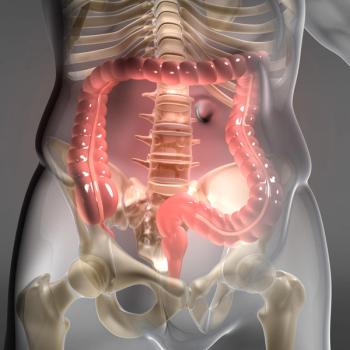
Synchronous metastatic status does not appear to affect survival among patients with resected BRAF V600E-mutated metastatic colorectal cancer.
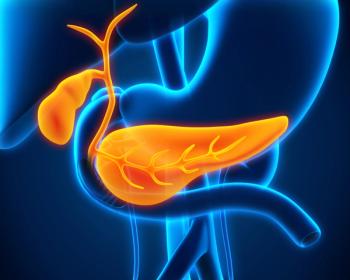
Updated phase 2 results support further investigation of surufatinib plus TAS-012 in a larger cohort of patients with pancreatic ductal adenocarcinoma.
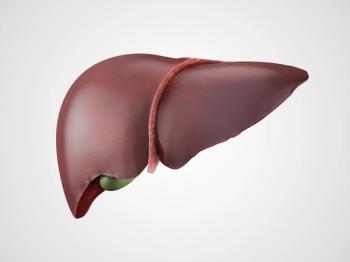
Additionally, data show a trend towards improved overall survival with TACE plus camrelizumab/rivoceranib in the phase 2 CARES-005 study.
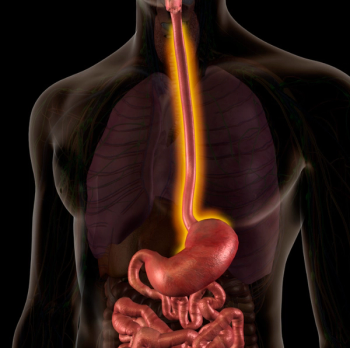
Adding trastuzumab and pertuzumab to chemotherapy conferred higher toxicity among patients with HER2-positive gastric cancers in the INNOVATION trial.

Select patients may be eligible to continue treatment with tabelecleucel or ATA3219 in accordance with study protocols.

Data show a trend towards a reduced risk of death with fulvestrant vs anastrozole among patients with nonvisceral disease in the phase 3 FALCON trial.

Additionally, adding nab-paclitaxel to gemcitabine/cisplatin confers more toxicity than gemcitabine/cisplatin alone in the phase 3 SWOG S1815 trial.

Sessions of interest at the 2025 Gastrointestinal Cancers Symposium will include data on colorectal cancer, pancreatic ductal adenocarcinoma, and more.

Progression-free survival and objective response rate outcomes favored the tisotumab vedotin arm in the China subpopulation of the innovaTV 301 study.

Shwetal Mehta, PhD, highlights early phase clinical trials, biomarker testing strategies, and potential next steps for research in the brain cancer field.
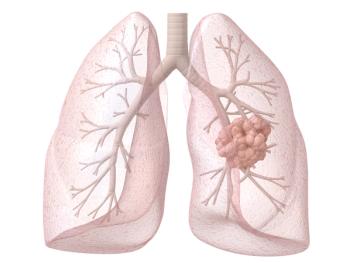
Interim analysis data show improvements in overall survival with OST-HER2 in this osteosarcoma population compared with historical controls.

Data from the TROPION-Breast01 trial support the FDA approval of datopotamab deruxtecan for those with metastatic HR–positive, HER2-negative breast cancer.

Additionally, the Chinese Society of Clinical Oncology and Chinese Anti-Cancer Association guidelines recommend the isatuximab regimen for this population.

Adding lenvatinib/pembrolizumab to TACE elicits a numerical overall survival improvement in the LEAP-012 trial, although additional follow-up is necessary.

Data from the phase 2b SunRISe-1 study support the NDA for TAR-200 in patients with BCG-unresponsive high-risk non–muscle-invasive bladder cancer with CIS.

Data support the IGG signature, especially its key gene subset, as a potential marker of sustained antitumor activity in breast cancer.
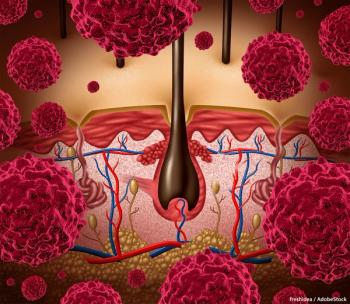
Investigators of the phase 3 C-POST trial will continue to follow up with patients and assess the key secondary end point of overall survival.

Investigators are assessing treatment with ELC-100 among patients with pancreatic neuroendocrine tumors as part of a phase 1/2 trial.

Phase 1b data support the potential benefits of R289 as a treatment for patients with lower-risk myelodysplastic syndrome.

All patients who received HT-001 in the phase 2a CLEER-001 trial showed significant skin toxicity improvements by 6 weeks.

Phase 1 data support the fast track designation for invikafusp alfa in advanced colorectal cancer with high tumor mutational burden.

Investigators of a phase 2a trial plan to include additional combination arms assessing treatment with IMM-1-104 across different patient populations.

Data suggest a need for international preventive strategies and educational efforts regarding the increasing incidence of early-onset colorectal cancer.
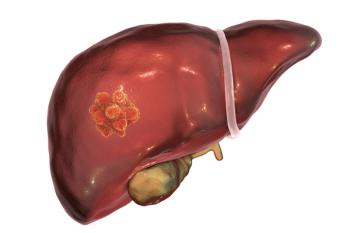
Data from a phase 1b/2 trial show improvements in overall survival with amezalpat plus atezolizumab/bevacizumab among patients with metastatic HCC.

Phase 1 data may support further development of ZN-1041 combination therapies for a larger breast cancer population.

Findings from the phase 3 SACHI trial support the National Medical Products Administration’s priority review designation for savolitinib/osimertinib.

Treatment with satricabtagene autoleucel met the primary end point of progression-free survival in the phase 2 CT041-ST-01 trial.

Developers have requested priority review status for dordaviprone as a treatment for patients with recurrent H3 K27M-mutated glioma.